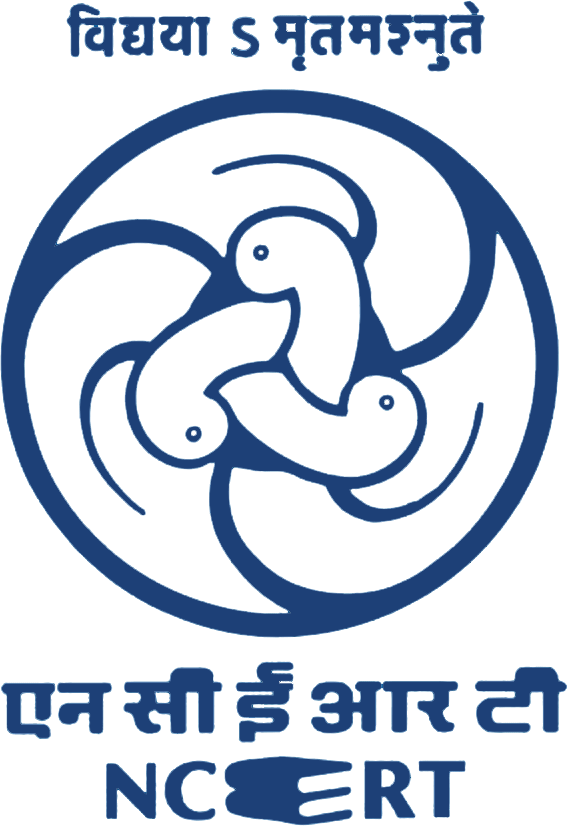


NTSE exam is the National level scholarship program by Govt. of India and most venerated exam of India. It is not only about scholarship but a matter of great pride and honour for every student to be recognised as the nation’s talent.
The NTSE (National Talent Search Examination) examination is conducted every year at two levels – Stage I (State level) and Stage II (National Level).
| Stage I | State Level |
| Stage II | National Level |
The National Council of Educational Research and Training (NCERT) was established by the Government of India in the year 1961 with a view to bringing about qualitative improvement in school education in the country.
NTSE scholars are provided with the scholarship of Rs 1250 per month for Class XI and XII and Rs 2000 per month for graduation and higher studies by Indian government. Apart from this, being an NTSE scholar provides following benefits:
|
• NDA National Defence Academy Exam organized by UPSC gives preference to NTSE scholars. |
|
• Renowned Engineering College for Information Technology such as IIIT-Hyderabad offers 15 seats to NTSE scholars. This institute is considered equivalent to IIT-Bombay. |
|
• NTSE scholars will have upper edge in Foreign University admissions. |
|
• Preference in various Public and Private sector Jobs. |
|
• IIIT-Delhi, an Engineering College under Government of Delhi, gives ‘bonus marks’ to NTSE scholars. |
Syllabus of NTSE is based on 9th & 10th class level. For Stage 1, NTSE preparation should be state wise & for Stage 2, the preparation should be national level wise. Students are advised to go through each and every topic. NTSE consists of multiple choice questions which are asked from the subjects like Mathematics, Science, Social Science, English, General Knowledge and Mental Ability syllabus.
SAT is designed to test the student’s grasp and hold over the academic subjects. SAT has 100 questions, from the subject, Social studies, Maths, and Science of class 9th and 10th. It’s always suggested to work more on theory rather than doubling down on the numerical.


MAT is designed to test, Student’s IQ. MAT has the number of categories, like non-verbal series, Coding-decoding etc. Obviously, MAT requires more practice than anything else. It can be a game changer in the NTSE Test.
| Verbal and Non-Verbal Analogy | Verbal and Non-Verbal Series |
| Classification | Coding-Decoding |
| Distance and Direction | Blood-Relations |
| Alphabet and Nubmer Test | Ranking and Arrangements |
| Venn Diagrams | Mathematical Operations |
| Calendar, Time and Clock | Missing-Characters |
| Embedded Figures | Paper Cutting and Folding |
| Cube and Dice | Word Problems |
| Water and Mirror Images |
The NTSE is conducted in two stages i.e. Stage I and Stage II. The NTSE paper is available in both the Hindi and English medium. The students have to select any one language from both the languages. The paper is divided into two sections i.e. Mental Ability Test (MAT), and Scholastic Ability Test (SAT).
| MAT (Mental Ability Tests) | 100 Questions | 120 Minutes |
| SAT (Scholastic Ability Tests) | 100 Questions | 120 Minutes |
|
• The paper is comprised of Objective type multiple choice questions. |
|
• The examination is conducted through the offline mode only. |
|
• For every correct answer, 1 mark will be given and there is no negative marking at stage 1 and stage 2. |
|
• Reserved category candidates have to secure 32% marks to qualify the test, whereas general category candidates have to secure 40% marks to qualify the test. |
According to the criteria laid out by CBSE, NTSE is open for the students of Indian nationality irrespective of whether they study in India or abroad at class X level.
-Candidates studying in India will be selected on the basis of their screening examination will be eligible for NTSE.
-Candidates studying Abroad having Indian Nationality are eligible. They are exempted from the first level and are permitted to appear directly at the second level examination. Click here for more details about NTSE eligibility criteria.
| NTSE Eligibility Criteria (Stage 1) |
• Candidate must have scored a minimum of 60% marks in Class IX. The candidate must be of recognized school in the respective State or Union Territory. • The Open Distance Learning (ODL) program students will also be considered eligible if they are below 18 years of age as on July 1, YYYY(the same year in which candidate giving the exam) and are not employed when they appear for Class X examination. |
| NTSE Eligibility Criteria (Stage 2) |
• Only students who manage to clear NTSE Stage I will be eligible for NTSE Stage II examination. |
| Conducting Body | NCERT (National Council of Education Research and Training) |
| Mode | Offline |
| Medium | Hindi and English |
| Duration | 120 Minutes ( For each part) |
| Type & Number of Questions | Objective Type Questions (Stage 1: 200 Questions), (Stage 2: 200 Questions) |
| Sections | 2 (Mental Ability Test and Scholastic Ability Test) |